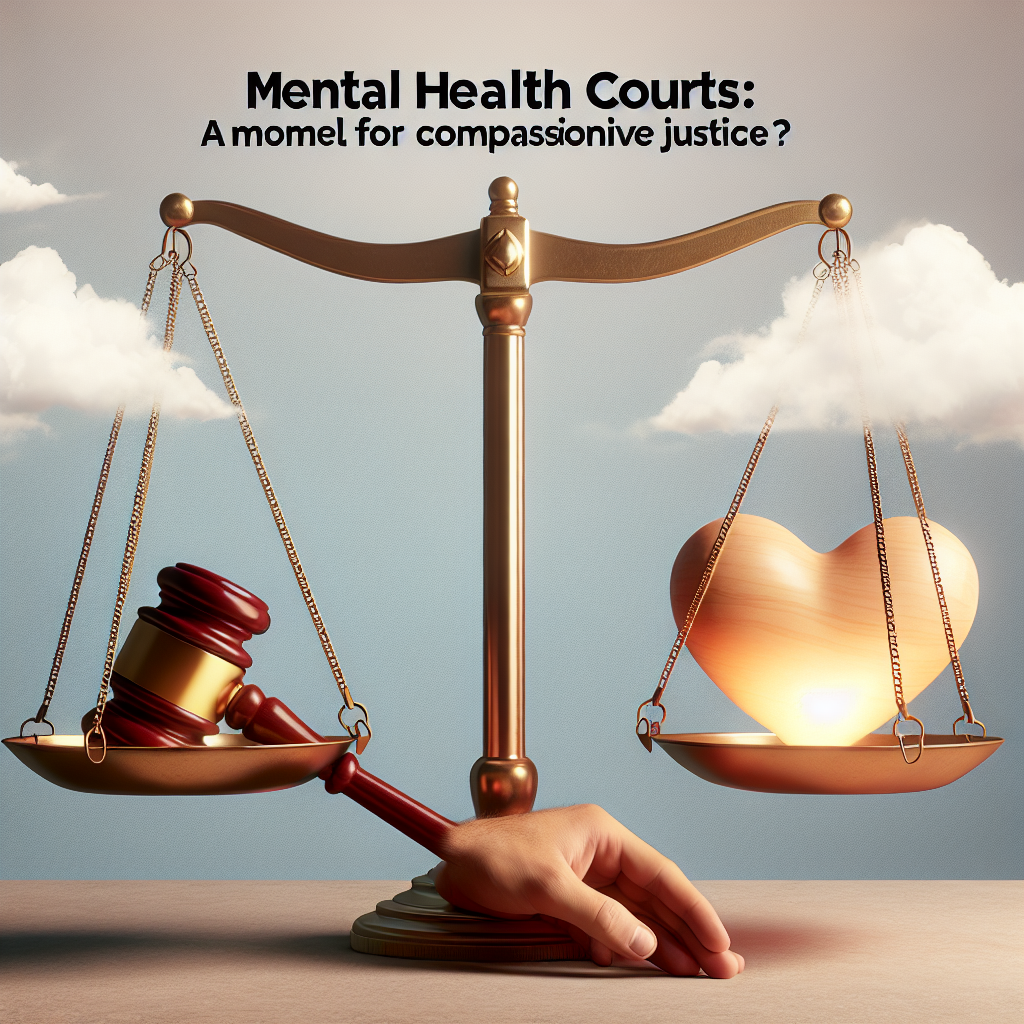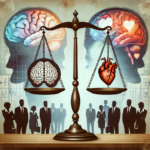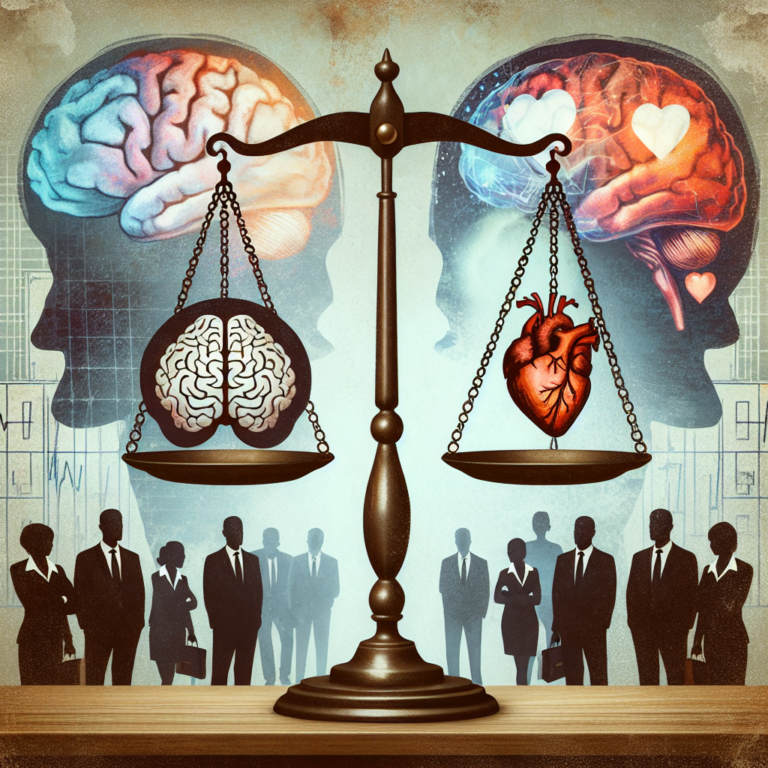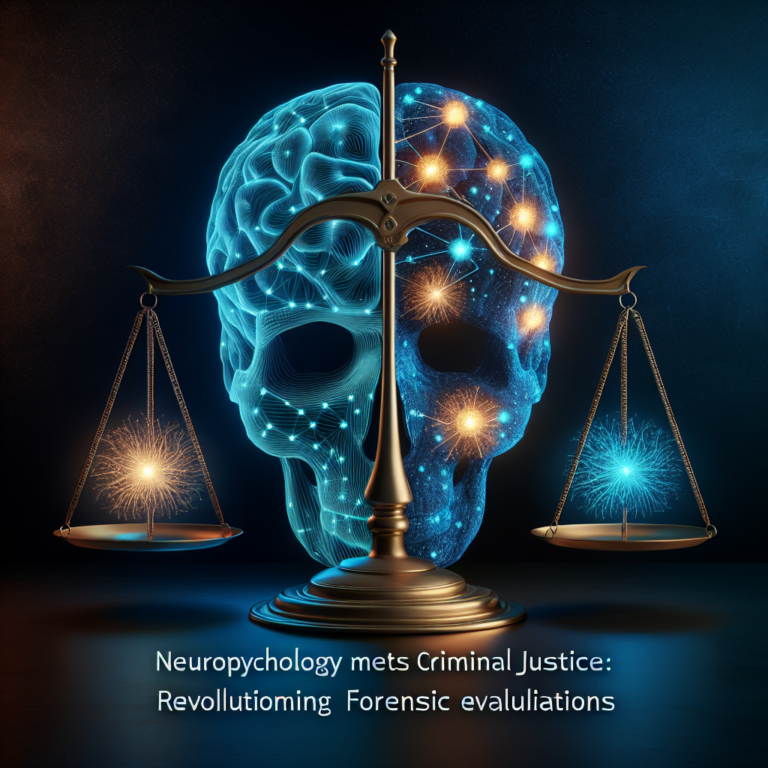
The concept of justice has often been seen through a binary lens: guilty or innocent, law-abiding citizen or criminal. However, as society evolves, so does our understanding of what is fair and just. Increasingly, we are recognizing that mental health plays a pivotal role in criminal behavior. Enter Mental Health Courts: a groundbreaking endeavor that aspires to tackle the root causes of crime through compassion and understanding.
Introduction
As the stigma surrounding mental illness slowly diminishes, society is starting to recognize the necessity for a justice system that accommodates those with mental health challenges. Mental Health Courts: A Model for Compassionate Justice? exemplify an essential shift towards a system that prioritizes rehabilitation over punishment. By intercepting individuals at the intersection of mental health crises and the criminal justice system, these courts aim to create an environment of support and accountability.
But what exactly are Mental Health Courts? Why are they deemed a model for compassionate justice? In this article, we’ll delve deep into the workings of Mental Health Courts, their effectiveness, and how they can pave the way for a more humane judicial system.
Understanding Mental Health Courts
What Are Mental Health Courts?
Established in the 1990s, Mental Health Courts provide an alternative approach to the conventional criminal justice process for individuals with mental health issues. Rather than subjecting defendants to traditional courtroom proceedings, these specialized courts offer therapeutic interventions to address underlying psychological problems.
How Do They Work?
Eligibility Assessment: Individuals diagnosed with a mental illness and charged with specific crimes are assessed to determine eligibility for Mental Health Courts.
Treatment Plans: Upon acceptance, the court collaborates with mental health professionals to create personalized treatment plans. These often include therapy, medication management, and social services.
Regular Monitoring: Participants are closely monitored throughout the process, with regular check-ins to assess their progress and adherence to the treatment plan.
- Gradual Reintegration: Successful completion often leads to reduced charges or dismissal, allowing individuals to reintegrate into society with support rather than stigma.
The Need for Mental Health Courts
Statistics and Case Studies
Case Study: Miami-Dade County
In Miami-Dade County, over 75% of individuals entering the local jail have a mental health condition. By implementing a Mental Health Court, the county reported a significant drop in recidivism rates among participants. Individuals who completed the program experienced only a 15% re-arrest rate in two years, compared to 45% for those who did not participate in the program.
| Statistics | Without Mental Health Court | With Mental Health Court |
|---|---|---|
| 2-Year Recidivism Rate | 45% | 15% |
| Participation in Treatment Plans | N/A | 85% |
| Improved Mental Health Outcomes | N/A | Significant |
This stark contrast underscores the vital role these specialized courts play in not merely punishing, but indeed rehabilitating offenders.
The Benefits of Mental Health Courts
1. Fostering Compassionate Justice
Mental Health Courts: A Model for Compassionate Justice? operate under a philosophy that emphasizes compassion over condemnation. By treating participants as individuals deserving of help, the courts promote healing rather than penalizing suffering.
2. Addressing Root Causes
The traditional justice system often overlooks the underlying psychological issues leading individuals to crime. Mental Health Courts allow for comprehensive treatment, addressing these root causes and reducing the likelihood of future offenses.
3. Decreasing Strain on Resources
By diverting individuals with mental health issues away from jails, Mental Health Courts reduce overcrowding and associated costs, freeing up resources for more effective law enforcement and societal support.
4. Community Involvement
These courts encourage community integration and support networks, ensuring that participants have a solid foundation for a positive future. Community resources, including nonprofits and health services, often collaborate with the courts, promoting a support system.
Challenges and Considerations
Stigmatization
Despite their successes, Mental Health Courts are not immune to societal stigma regarding mental illness. There remains a misconception that individuals referred to these courts are less culpable for their actions, which can result in skepticism about the court’s efficacy.
Limited Resources
Many Mental Health Courts operate on limited budgets, which can restrict access to necessary treatments. Increased funding and community partnerships are crucial for optimizing these programs and expanding their reach.
Real-World Applications
Example: San Francisco Mental Health Court
In San Francisco, the Mental Health Court has been pivotal in reducing homelessness and criminal recidivism among mentally ill offenders. A study showed that participants were 60% less likely to be re-arrested and experienced improved stability in housing and employment.
This program has demonstrated that integrating mental health treatment with judicial proceedings can yield significant social benefits, reinforcing the concept that Mental Health Courts: A Model for Compassionate Justice? can indeed succeed.
| Outcome | Without Court | With Court |
|---|---|---|
| Re-arrest Rate | 50% | 20% |
| Stable Housing | 20% | 70% |
| Employment Rate | 15% | 55% |
Conclusion
Mental Health Courts: A Model for Compassionate Justice? not only signify a shift in the judicial system but also represent a broader shift towards understanding and empathy. They challenge societal norms and highlight the importance of addressing mental health as a pivotal aspect of public safety.
As we continue to cultivate a more humane justice system, it will be essential for policymakers, mental health professionals, and communities to collaborate in sustaining and expanding these initiatives. By investing in Mental Health Courts, we are not merely treating symptoms but are advocating for a healthier society where compassion reigns supreme.
FAQs
1. What types of cases qualify for Mental Health Courts?
Mental Health Courts typically accept cases involving misdemeanor offenses or non-violent felonies where the defendant has a diagnosed mental illness.
2. How long do participants stay in Mental Health Court?
The duration may vary based on individual progress, but programs generally last from 12 to 24 months, allowing adequate time for treatment and recovery.
3. Are participants required to plead guilty?
In many cases, defendants may be required to enter a plea, but successful completion of the program often results in charges being reduced or dismissed altogether.
4. Do Mental Health Courts work for everyone?
While many individuals benefit significantly, some may require a more intensive level of care. Courts often work collaboratively with various mental health services to cater to individual needs.
5. How do Mental Health Courts affect public perception of mental illness?
By addressing the needs of those with mental health challenges compassionately, Mental Health Courts can reduce stigma, creating a more informed and supportive community atmosphere.
In closing, the establishment and success of Mental Health Courts stand as a testament to the potential for compassion within the justice system, paving the way for a future that prioritizes understanding, rehabilitation, and community support.















